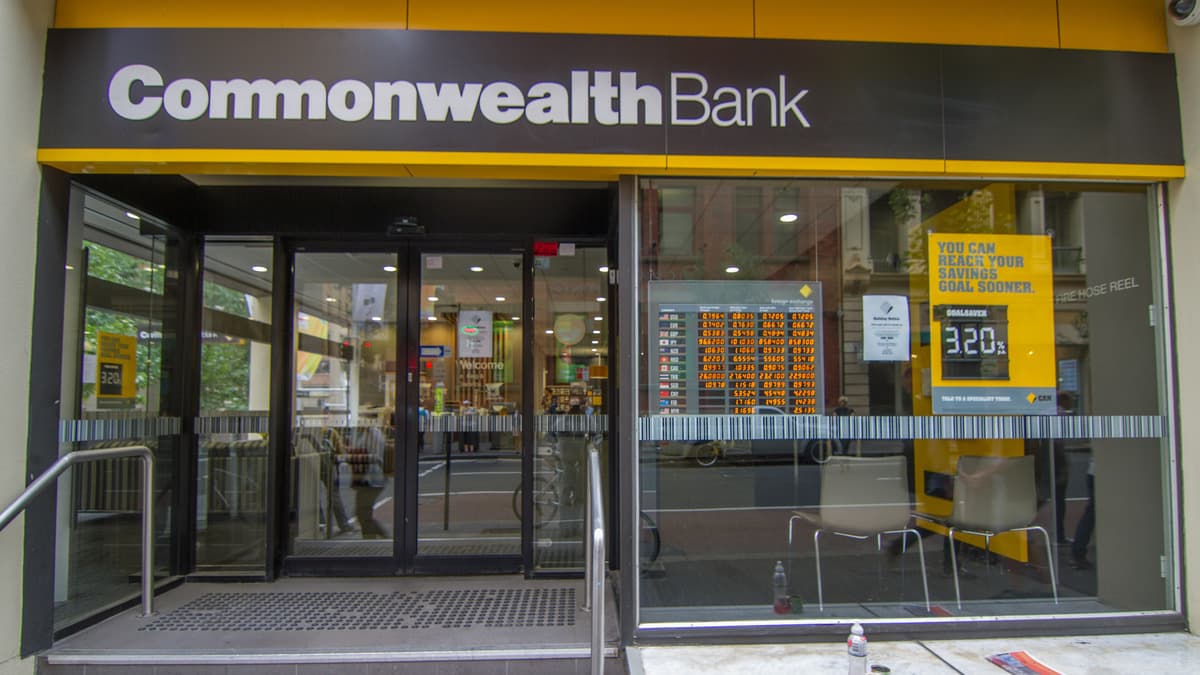Customers with the legacy “Complete Access” account will be transitioned to a different product starting January 6. The new account will incur a withdrawal fee when money is accessed at a branch, post office, or by phone.
It’s beginning to look a lot like … frustration for small businesses, as the Commonwealth Bank of Australia (CBA) unveils changes that could squeeze their operations just as tightly as Santa’s belt.
Financial Services Minister Stephen Jones has stepped into the ring, calling for a rethink of what he calls “a kick in the guts for ordinary Australians” and, by extension, the small and medium enterprises (SMEs) that keep the country ticking.
The fee that stole christmas
What’s the fuss about? Well, CBA’s planned changes come at a time when the cost of living is already sky-high. Reduced access to bank-owned ATMs (down nearly 60% since 2017) and the spread of third-party machines charging $3 per withdrawal mean higher costs for everyone. For SMEs, which still rely on cash transactions to keep their businesses humming, this is like coal in the stocking.
“This seems to me to be a tax on Australians who demand the right to use their cash,” said Jones, channelling his inner Scrooge toward the banking giant. “The government won’t stand for it.”
A not-so-merry time for SMEs
For the nation’s small businesses, cash isn’t just king—it’s often survival. Whether it’s a bustling café needing small change for the till or a tradie picking up a cash payment, easy access to physical money is a necessity. Here’s how the CBA’s moves could play out for SMEs:
- Higher Costs: Frequent cash deposits or withdrawals mean SMEs could face extra fees that nibble away at already-thin margins.
- Customer Behavior Shift: If customers avoid cash due to accessibility or fee concerns, businesses might have to rely more on card transactions, which bring their own merchant fees.
- Operational Hassles: With 1,615 branch closures in five years, rural and regional businesses are especially vulnerable, potentially spending more time and money just managing cash flow.
It’s like being asked to bake a Christmas cake without access to flour—it’s doable, but at what cost?
What’s rubbing salt into the festive wound is CBA’s financial health. The bank is positively jolly, reporting a staggering $9.8 billion in full-year cash profit and watching its share price soar over 50% in the past year. Meanwhile, small businesses are struggling to make it through the holiday season amid rising expenses and wary consumers.
While Jones stopped short of promising government intervention, he hinted at inspiration from across the pond, where the UK has implemented laws ensuring nearly universal access to fee-free cash withdrawals. Australia’s SMEs, often called the backbone of the economy, are now left holding the bag—or in this case, the EFTPOS machine. As customers increasingly turn to cards, these businesses could face rising costs, competitive disadvantages, and even a potential loss of customers. But it’s not all doom and gloom. With the right support—be it government action or industry innovation—there’s hope that SMEs can navigate these changes and keep thriving. Perhaps the CBA’s moves will spark a broader discussion about balancing profitability with accessibility.
As we head into the holidays, it’s clear that the CBA’s changes have struck a nerve. Whether it’s the “worst Christmas present imaginable” or just another chapter in the banking evolution, one thing’s certain: SMEs will need every ounce of resourcefulness to keep delivering joy—and service—to their communities.In the meantime, here’s hoping the big banks remember that behind every transaction, there’s a story, a family, and a business trying to make it through the season. Because nobody wants to wake up to a Christmas where cash—and convenience—are a thing of the past.
Keep up to date with our stories on LinkedIn, Twitter, Facebook and Instagram.

